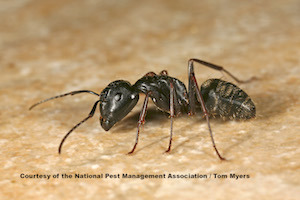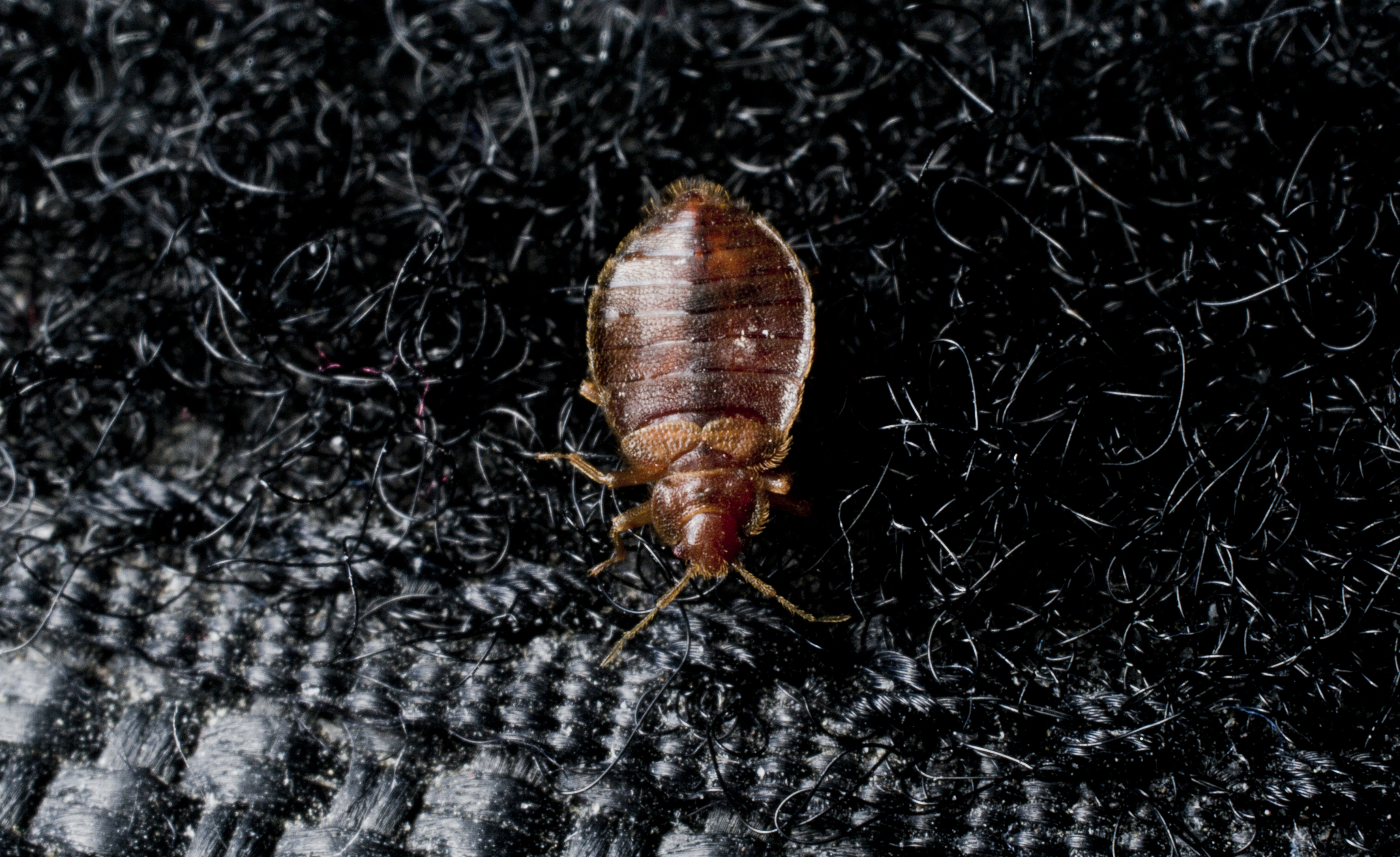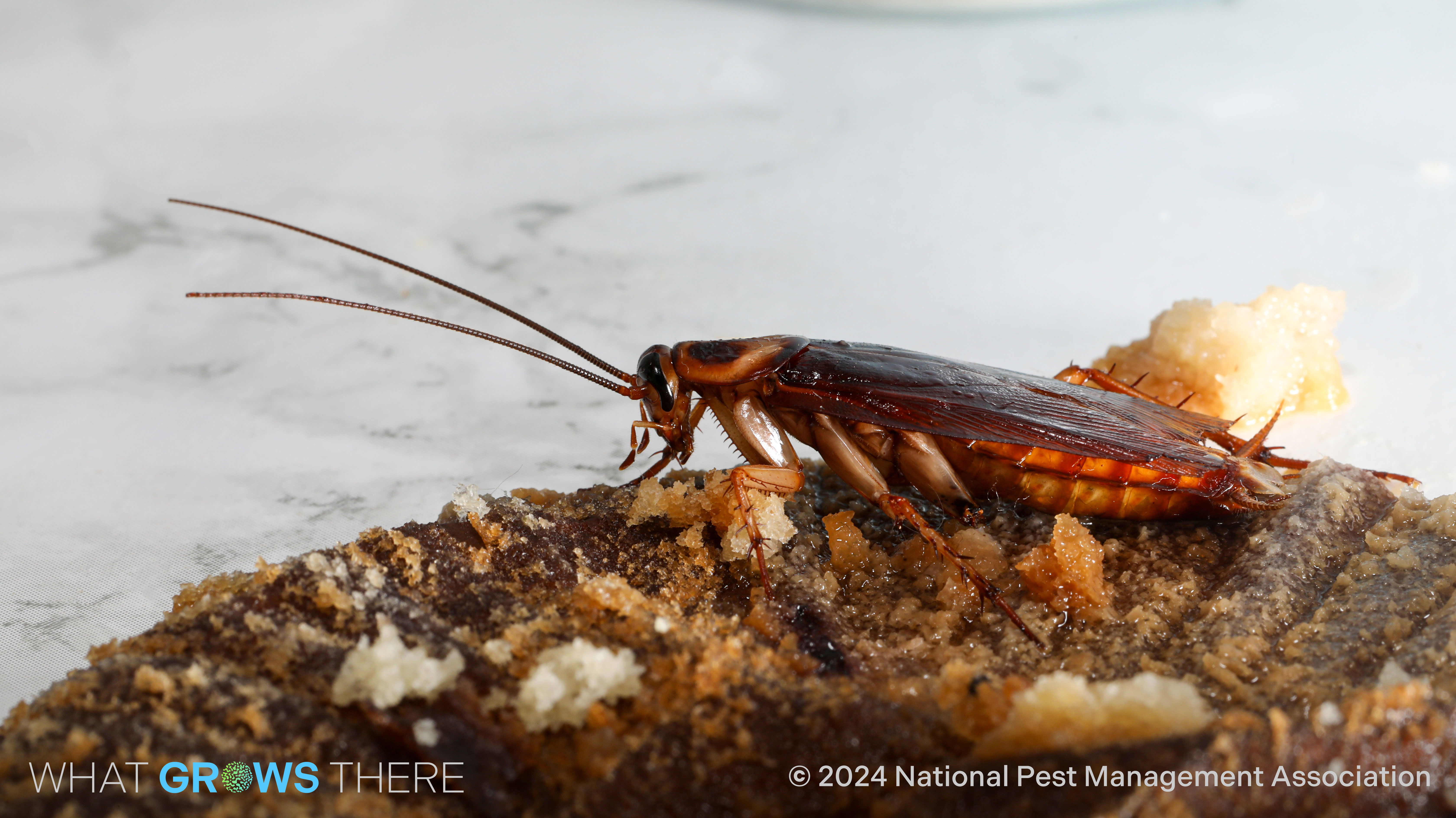Winter Storm On the Horizon? Add Pest-Proofing to Your To-Do List!
The National Pest Management Association shares pest prevention tips for the winter season
FAIRFAX, VA (January 17, 2022) – Whether your winter is filled with sipping warm hot chocolate by the fireplace or braving nearly freezing temperatures and rapid snowfall, unfortunately, ice dams, frozen pipes and downed trees are not the only threats to be concerned about as temperatures decline. A warm house stocked with food is the ultimate destination spot for pests seeking refuge from the cold weather. That’s why the National Pest Management Association (NPMA) is offering pest-prevention tips to stay protected this season.
Research conducted by The Harris Poll found that one in eight U.S. homeowners (14%) have had a rodent infestation in their homes! “Winter pests like rodents and nuisance wildlife like raccoons or squirrels pose a threat to the health of your family and to your property,” says Jim Fredericks, Senior Vice President of Public Affairs for the NPMA. “Once inside, rodents can cause severe damage as they can chew through electrical wiring, increasing the potential risk of a fire, and they can trigger allergies and exacerbate asthma symptoms, especially in children.”
With current weather trends across the nation, the NPMA recommends the following pest-prevention measures:
- Seal cracks and holes outside the home and check areas where utilities and pipes enter the building, as rodents can fit through a hole the size of a quarter.
- Eliminate all moisture sites, including leaking pipes and clogged drains. Pay extra attention to kitchens and bathrooms, as these areas are particularly vulnerable to pest infestations.
- Screen vents to chimneys and attics and replace loose mortar and weather stripping around the basement foundation and windows.
- Keep storage areas like attics, basements and crawl spaces well organized, ventilated and dry.
- Store firewood at least 20 feet away from the home and store trashcans and recycling bins in sealed areas or use animal-proof lids.
If pests become an issue in your home, contact a licensed pest professional to address the problem, and visit PestWorld.org for additional information on pest prevention.
About the National Pest Management Association
The NPMA, a non-profit organization with more than 5,500 members, was established in 1933 to support the pest management industry's commitment to the protection of public health, food and property from the diseases and dangers of pests. For more information, visit PestWorld.org or follow @PestWorld on Facebook, Twitter, Pinterest, TikTok and YouTube.
Survey Methodology
This survey was commissioned by the National Pest Management Association (NPMA) and conducted online by The Harris poll in September 2022, among 1,367 U.S. homeowners ages 18+. For more information, please contact NPMAteam@vaultcommunications.com.

Learn About Ants
Ants are a common pest homeowners struggle to eradicate. Learn more about them!

Bed Bug Pest Guide
Traveling for the holidays this year? Be sure to keep an eye out for bed bugs! Use our Pest Guide to help identify this pest.

NPMA's What Grows There? Project
Check out NPMA's What Grows There? project to learn how pests, such as flies, cockroaches and rodents, can spread germs throughout a home.

About the National Pest Management Association
The NPMA, a non-profit organization with more than 5,500 members, was established in 1933 to support the pest management industry's commitment to the protection of public health, food and property from the diseases and dangers of pests. For more information, visit PestWorld.org or follow @PestWorld on Facebook, X, Pinterest, TikTok and YouTube and @PestWorldOfficial on Instagram.

Learn About Ants
Ants are a common pest homeowners struggle to eradicate. Learn more about them!

Bed Bug Pest Guide
Traveling for the holidays this year? Be sure to keep an eye out for bed bugs! Use our Pest Guide to help identify this pest.

NPMA's What Grows There? Project
Check out NPMA's What Grows There? project to learn how pests, such as flies, cockroaches and rodents, can spread germs throughout a home.
